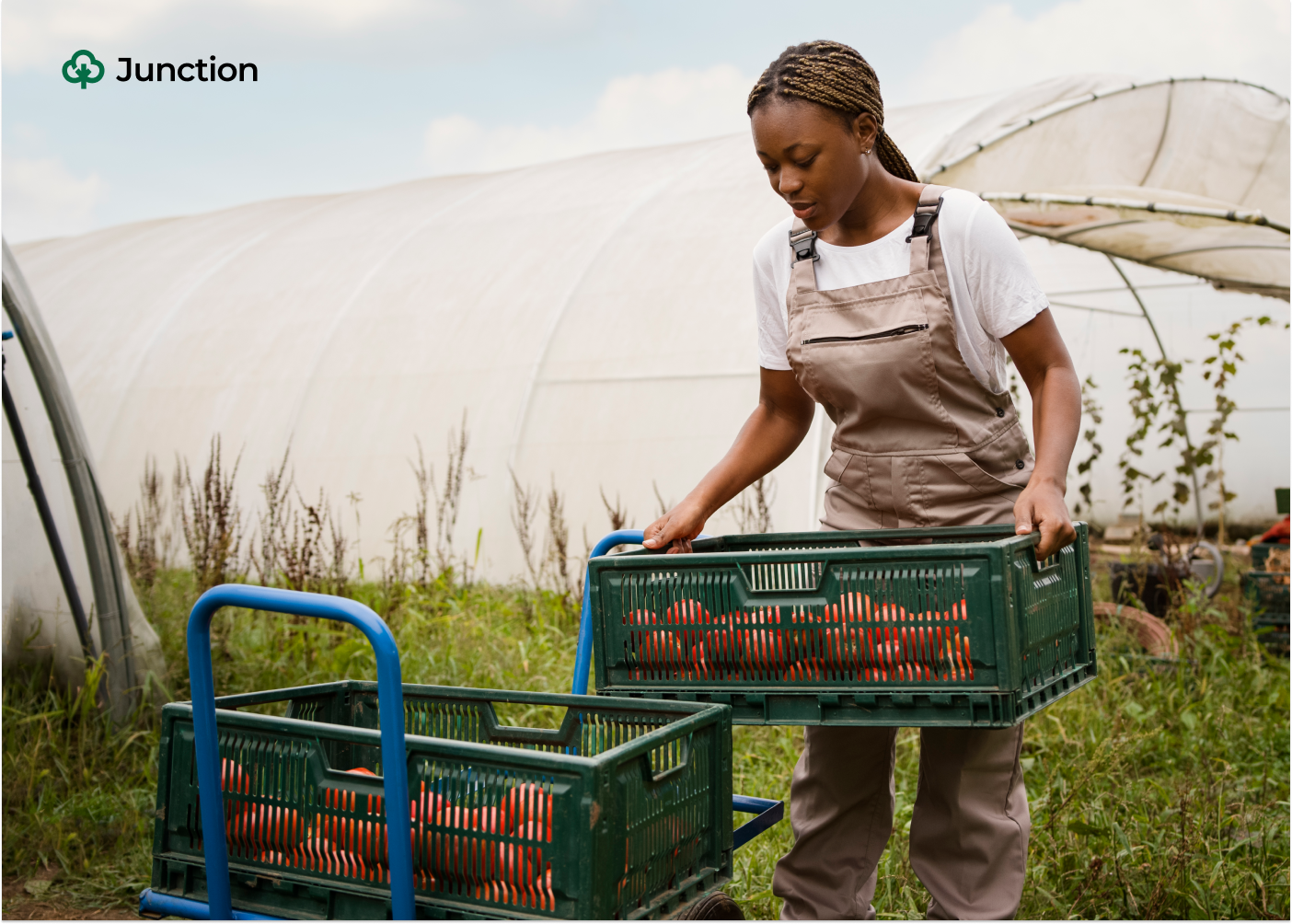News in Brief:
– Nigeria’s agriculture minister highlights financial exclusion as the primary obstacle for smallholder farmers.
– He urged for government and private sector initiatives to improve access to credit and resources to boost agricultural productivity and national food security.
Nigeria’s Minister of Agriculture and Food Security, Senator Abubakar Kyari, has identified financial exclusion as the most significant hurdle facing smallholder farmers across the nation.
He made this statement while highlighting the government’s efforts to address this critical issue through strategic partnerships and initiatives.
According to the minister, who made the revelation during an engagement with Mastercard regarding the Mobilising Access to the Digital Economy (MADE) Alliance Africa in Nairobi, Kenya, recently, the aim is to integrate smallholder farmers into the digital economy, providing them with essential financial tools and resources.
“This initiative has seen Mastercard commit $300 million to integrate three million farmers in Kenya, Tanzania, and Nigeria into the digital economy—an effort that aligns directly with the Renewed Hope Agenda for agricultural modernisation and economic prosperity,” he explained.
Addressing the consequences of financial exclusion
Senator Kyari underscored the severe consequences of financial exclusion on smallholder farmers.
“Currently, only 6% of African smallholder farmers have access to credit, and less than 20% use improved seeds,” he noted. “Despite agriculture being a major economic driver, financial institutions remain hesitant to extend credit to farmers due to climate risks and lack of collateral. This is precisely why President Tinubu’s administration is focused on breaking these barriers and ensuring that farmers have access to the resources they need to thrive.”
Also, the minister acknowledged the pivotal role of President Tinubu’s support in attracting international investments to the agricultural sector.
“The support of President Tinubu has been instrumental in attracting international investments that will empower our farmers and drive sustainable agricultural development,” he concluded.
Smallholder farmers, approximately 38 million strong, produce about 90% of Nigeria’s agricultural output. This significantly contributes to the nation’s GDP and rural economies, making their empowerment crucial for national food security.
However, they face significant challenges primarily due to limited access to resources like credit and modern agricultural inputs. Additionally, they struggle with inadequate infrastructure, including poor transportation and storage facilities.
Over time, various initiatives have been provided, by public and private support, to boost smallholder farmers’ productivity. For example, the African Development Bank (AfDB) Group plans to launch a $500 million facility designed to unlock $10 billion in financing for smallholder farmers and small agribusiness enterprises across Africa.



